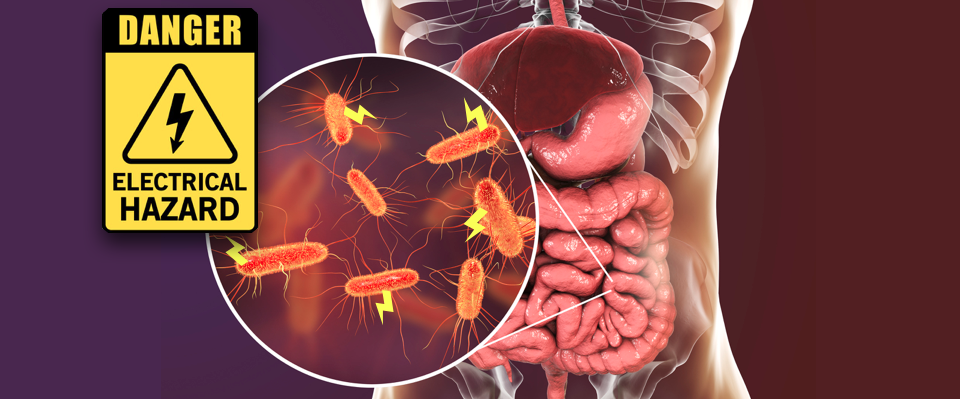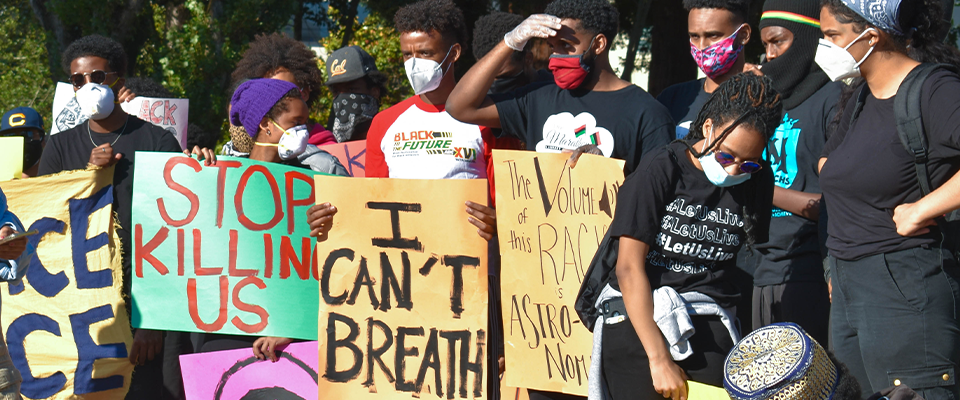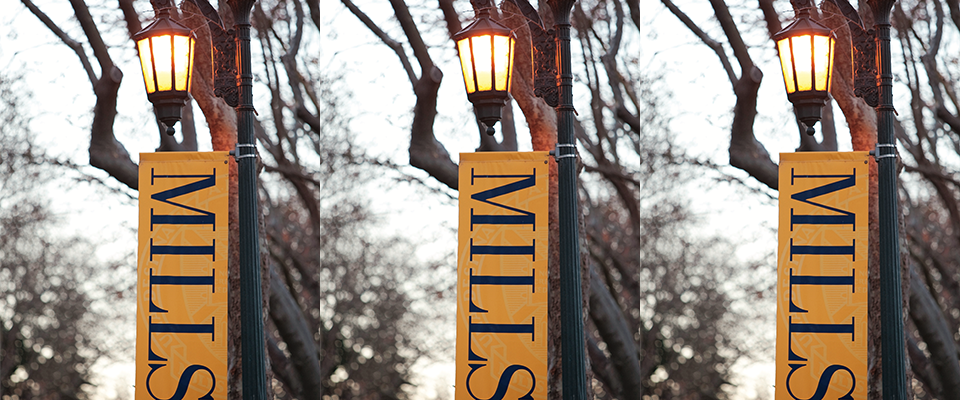Blockchains and Bitcoins and Crytpo, Oh My!
Cryptocurrency is flying around the market like hot crypto-cakes—but is it here to stay? Is it the second coming of the tech wave, destined to change our lives forever?
Universities appear to think so, and UC Berkeley is leading the charge with classes, lectures, and clubs dedicated to blockchain entrepreneurship. Berkeley has also been looking into real-life applications for cryptocurrency, including funding community projects and giving to charity.
“We have at least 1,400 homeless people in our city, and that includes many right here at UC Berkeley,” Berkeley city council member Ben Bartlett told a class, as reported in WIRED. “So how can we use blockchain to fund a new prosperity? That’s a challenge I’d like you to take on.”
Still confused about all these “blocks” and “bits”? Check out our blockchain 101 guide here. And check out Blockchain at Berkeley to meet some super-duper crypto-nerds.
Dark Data
In the wake of the destruction suffered at Brazil’s National Museum fire, museums worldwide are working extra hard to digitize their collections and prevent further catastrophic losses. While the general public only sees a tiny percentage of the natural history specimens archived, every museum cultivates a unique, behind-the-scenes collection that scientists routinely make pilgrimages to study. Obviously, putting this so-called “dark data” online would make such specimens far more accessible and available, not just to the proprietary museum, but internationally as well.
Many museums have balked at the funds needed to do this vital work, but Charles Marshall, Director of the University of California Museum of Paleontology, believes the financial burden of putting it off is far worse.
“Significantly, the cost of digitally aggregating the fossil data online, including the tens of thousands of images, is remarkably small compared with the cost it took to collect the fossils in the first place,” Marshall wrote. “It’s also less than the expense of maintaining the physical security and accessibility of these priceless resources – a cost that those supposed to be responsible for the museum in Rio apparently were not willing to cover, with disastrous consequences.”
Don’t Sleep On This Research
Elon Musk has gotten a lot of coverage for his supposedly non-negotiable 120-hour work weeks. Though he’s long received praise for his work ethic, growing research into the importance of sleep has raised the question: should we stop worshipping workaholism? Turns out humans need sleep to live, and sorry folks, but caffeine is not an acceptable alternative.
Leading the charge for sleeping eight-hour nights is Berkeley neuroscientist Matthew Walker, who directs the university’s sleep and neuroimaging lab. As he argues in his 2017 book, Why We Sleep, our “sleep when we’re dead” attitudes are literally killing us. For those scraping by on less than 7-8 hours per night, Walker’s prognosis is pretty grim.
“You will be both dead sooner, and the quality of your (now shorter) life will be significantly worse,” Walker told Business Insider.
That’ll do wonders for your insomnia!
The Body Electric
In more—literally—exciting news, your body has electricity-producing superpowers. Well, your gut bacteria do, anyway, according to a new study by Berkeley biologists. How do they do it? By removing electrons produced during normal metabolic processes.
“This is a whole big part of the physiology of bacteria that people didn’t realize existed, and that could be potentially manipulated,” Sam Light, Berkeley postdoc and first author, told Berkeley News.
The good news is, that same electricity could be used to create living batteries using bacteria in waste treatment plants. (And possibly the next Marvel supervillain, while we’re at it.) The bad news? The bacteria that produce electricity also give you diarrhea and, so far, don’t even generate enough power to charge your phone. Maybe not the best superpower after all. Poop.





















